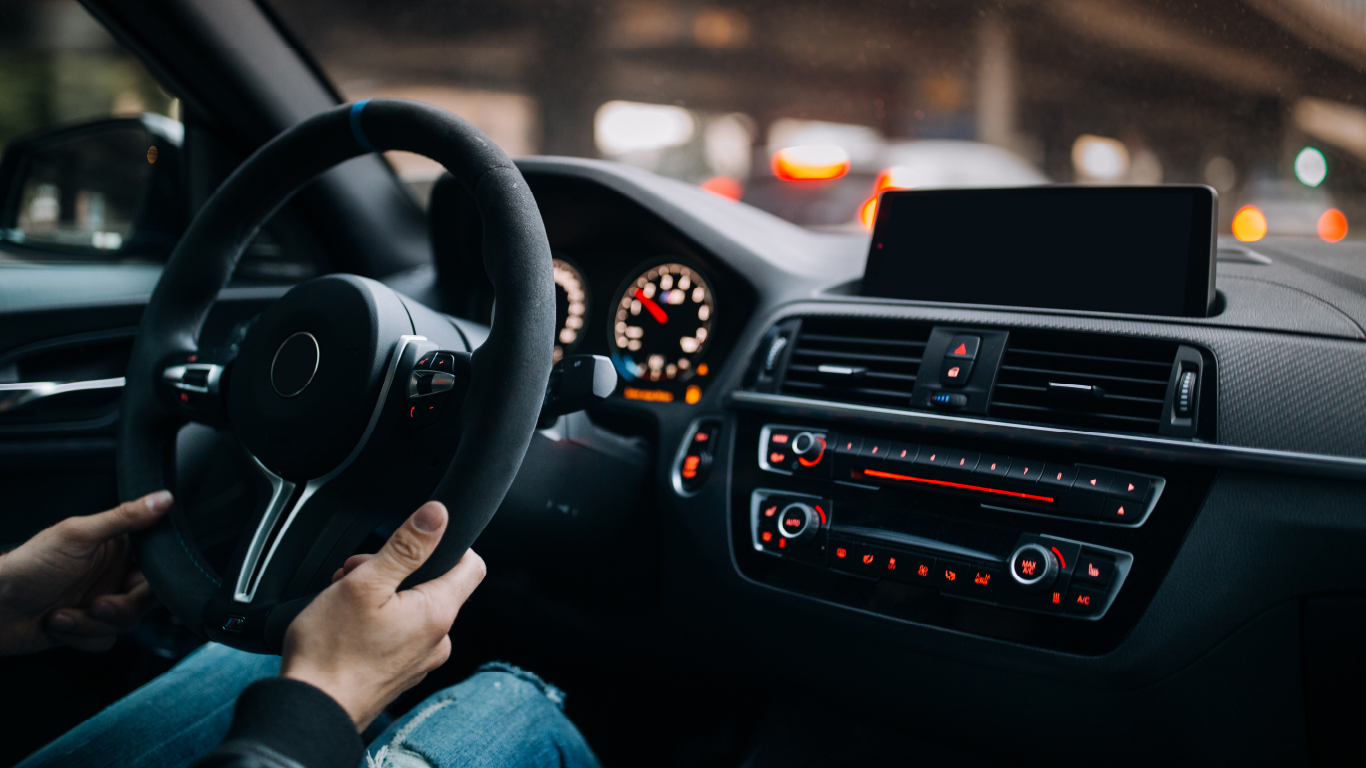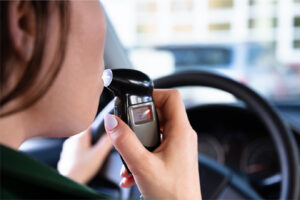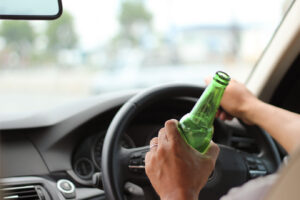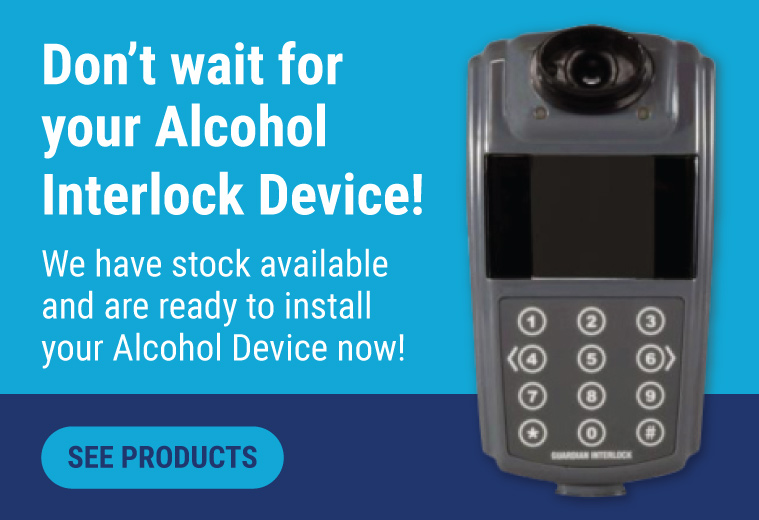
Unlocking the Facts: All Your Questions on Alcohol Interlocks Answered
Have you ever heard of an alcohol interlock device? If not, you might want to pay attention. These devices are increasingly used to prevent drink driving, a leading cause of road accidents and fatalities. However, they are often misunderstood, and this has led to a great many misconceptions being spread. It’s also meant that many questions have been left unanswered, and you may be no exception to this.
Like many others, you may have a host of different questions about these devices. Maybe you’d like to know who needs to install an alcohol interlock device? Or perhaps you’d like to know what the conditions are for using one? Can it detect drugs too? And how do you outsmart it? In this article, we’ll answer these questions and more. We’ll also look at the costs involved and where to find installers near you. So, whether you’re a concerned parent, a drink driving offender, or just curious about this technology, read on to learn all about alcohol interlock devices.
What Are Alcohol Interlock Devices?
An alcohol interlock device is an electronic device that connects to the ignition of a vehicle, designed to prevent a driver from starting the vehicle if they have any alcohol in their system. The device requires the driver to blow into a mouthpiece, and if any alcohol is detected, the vehicle will not start. In addition to the initial breath test, randomly timed breath tests may also be conducted throughout the driver’s journey, with some states even requiring photos of the driver to be taken during the breath test to prevent circumvention of the program.
These devices can be installed in cars, motorbikes and trucks, and they have been very effective in reducing the incidence of repeat drink driving. While they have become widely used for both court-mandated rehabilitation programs, known as alcohol interlock programs, and for private and commercial use, they are still largely misunderstood. As a result, we’ve compiled some of the most common questions that are asked about alcohol interlock devices and answered them to shed greater light on these important devices and dispel some misperceptions along the way.
Answering Your Questions
What are the conditions for an alcohol interlock device?
When an alcohol interlock device is installed within a vehicle, the blood alcohol concentration (BAC) reading that is acceptable is determined by the purpose of its installation. For the most part, these devices are installed as part of an alcohol interlock program that sees convicted drink driving offenders undergo a phased return to driving. In these instances, participants must maintain a zero blood alcohol concentration when driving. Similar restrictions tend to apply in commercial settings, in which a BAC reading of zero is required to be read each time. In other instances, such as private use, pre-determined restrictions can be set, but they must never exceed the legal limit of 0.05 that applies within Australia.

How much does an alcohol interlock device cost?
The cost of an alcohol interlock device varies depending on several factors, including the state, concession status, and type of vehicle involved. Most states offer interlock programs with a range of fees that participants are required to pay. Typically, a program will include an Installation, Monthly Lease and servicing fees, a Removal fee and recommended insurance. However, the actual cost of an interlock program can vary widely, depending on the vehicle and program length, so it’s important to consult your state’s interlock program information page for more specific details. Additionally, some states offer concession eligibility for participants who meet certain criteria, which can help to reduce the overall cost of the program.
How do you outsmart an alcohol interlock device?
Attempting to bypass or outsmart an alcohol interlock device is not only dangerous but also illegal. There are several misconceptions and fast hacks online that claim to “trick” an alcohol interlock device, but they do not work, and attempting to tamper with the device or circumvent the program may result in an extension to the program, harsh penalties, fines, and possible criminal charges. While there are many myths and strategies floating around the internet, the fact remains that modern alcohol interlock technology is highly sophisticated and tamper-proof. It’s essential to remember that the best course of action is to avoid drinking and driving entirely, as attempting to cheat an interlock device is not only futile but also dangerous.
What happens if I fail a breath test while driving?
Alcohol interlock devices require drivers to complete not only a breath test before starting the vehicle but also regular random breath tests, known as rolling retests. These retests can occur at any time while the driver is operating the vehicle, and they are designed to ensure that the driver does not consume any alcohol while driving. If a “fail” reading is registered during a rolling retest, don’t worry, the vehicle will not immediately stop. Instead, there will be a series of alarms, and following this, the vehicle’s indicator lights will flash until the driver turns off the ignition. The interlock device will also record this result in its data set, and your provider will be notified of this information.
Who needs to install an alcohol interlock device?
Alcohol interlock devices are primarily used by drivers who have been convicted of drink driving offences and are required to participate in a court-mandated alcohol interlock program. These programs have a fixed duration that is dependent upon the severity of the conviction, but they are typically between 3 and 48 months, depending on the state.

However, alcohol interlock devices are also commonly used in commercial settings to align with industry regulations or adhere to company policies. Additionally, sports teams have also used these devices as a matter of principle and to promote healthy lifestyles among their athletes. Safety-conscious individuals may also choose to install alcohol interlock devices in their vehicles voluntarily. To install an alcohol interlock device, simply lodge a search for “alcohol interlock installers near me” and reach out to your local service provider and let them know of your needs.
Do You Need To Install An Alcohol Interlock Device?
Guardian Interlock is among Australia’s most reputable alcohol interlock providers, with locations in every state in Australia. Therefore, you can be sure that your Guardian-approved service centre is qualified for interlock device installation, servicing, and removal of your interlock device, and our devices are compliant with your state’s regulations. Email admin@guardianinterlock.com.au or call 1300 881 005 today to get started with your alcohol interlock program.
We understand how essential a vehicle is, whether for work purposes, family responsibilities, or other commitments. We’re committed to helping our clients remain compliant and on the road. Our customer care representatives are available to take your calls 8.30 am – 5:30 pm Monday to Friday. We also have an Emergency assistance line available 24 hours a day, seven days a week.


